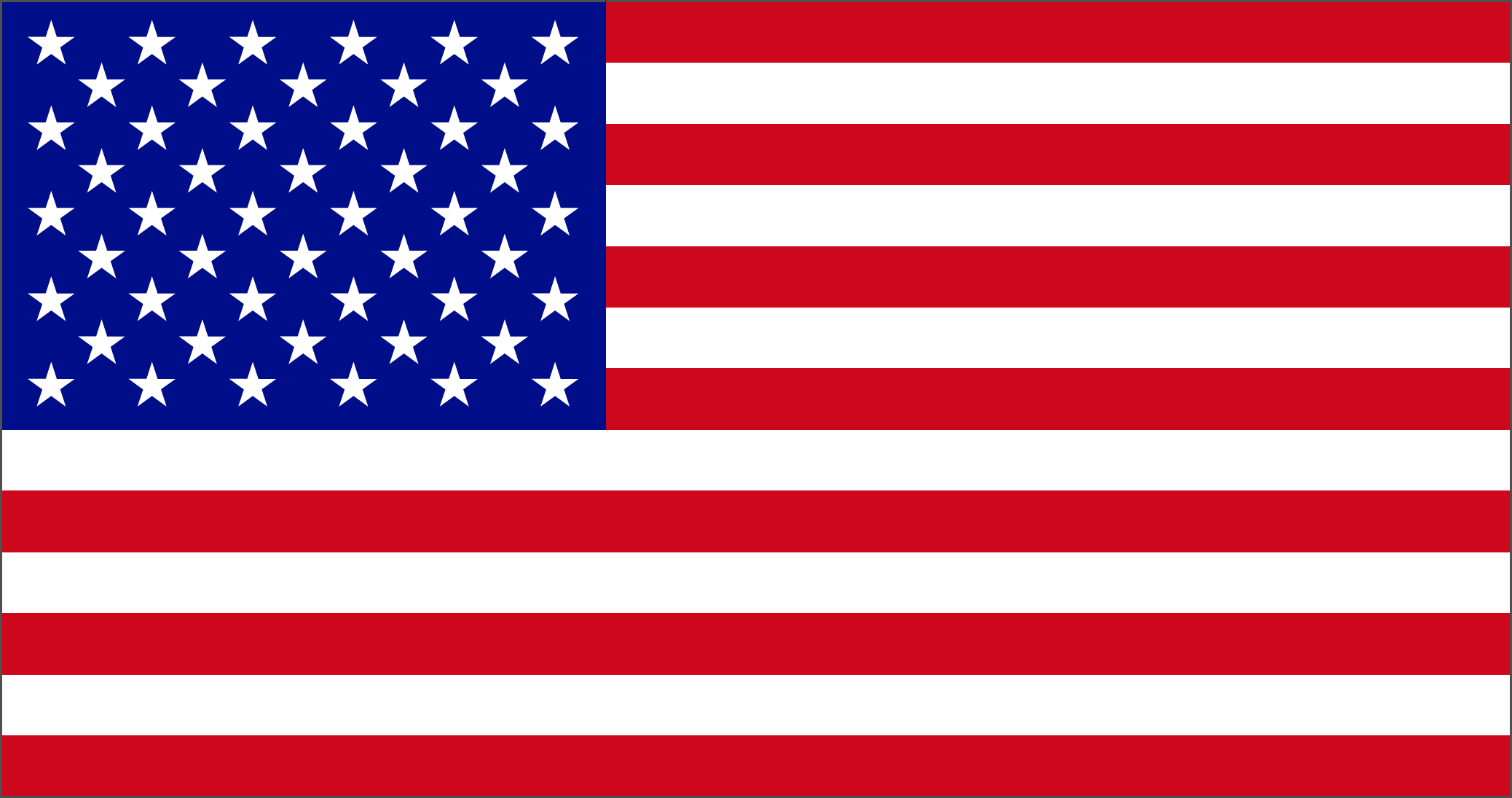Poetry in the Time of Donald Trump: Recommendations One Year After the Election
This Wednesday marks one year since the 2016 election, an event that galvanized the literary world and inspired a new wave of urgent, socially engaged work. To get a sense of the way that writers have responded, and to help you deal with the excruciating passage of time, we’ve put together some reading recommendations for the occasion.
Danez Smith Don’t Call Us Dead
Danez Smith responded immediately to the results of the election with the poem “You’re Dead, America” written and published just hours after the news broke. The work in their third full-length collection Don’t Call Us Dead, published by Graywolf this September, is alive with a similar urgency, examining the sustained violence against black and queer bodies through powerful sequences and lyric poems.
Javier Zamora, Unaccompanied
Though the poems of Zamora’s Unaccompanied, published by Copper Canyon this year, begin chronologically on the day of the election of Barack Obama to his first term in office, the debut collection feels especially resonant in light of recent political developments. From its cover, which features a black and white photograph of a large wall, to its substance, which contain heartrending lyric documentation of experiences of immigration, Unaccompanied is essential reading.
As a bonus, Zamora’s “from The Book I Made With My Counselor My First Week Of School,” which appears in Unaccompanied, was first published in issue 39 of Washington Square Review.
Layli Long Soldier, Whereas
Long Soldier’s debut collection, published by Graywolf in March, explores the history and experience of Native Americans through poetry through a poetics that radicalizes language itself. Both in its exploration of the space between two languages and in its subversion of legalese in the service of truth, Long Soldier’s poetry is a powerful testament to the ways that poetry can reassert marginalized voices and enact a kind of healing.
Resistance, Rebellion, Life: 50 Poems Now, ed. Amit Majmudar
Published by Knopf on May 23, 2017, this anthology of work by fifty notable poets in response to the current political climate is a startling example of the way that the literary community was galvanized. The speed and energy with which editor Amit Majmudar was able to collect and assemble the work is remarkable in itself, and the vigor of the work in the compact, bright orange volume lives up to its ambitious title, which features work from WSR-affiliated poets such as Deborah Landau and Rowan Ricardo Phillips.
How Lovely The Ruins: Inspirational Poems and Words for Difficult Times, ed. Annie Changnot and Emi Ikkanda
This very recent anthology, published by Spiegel & Grau on October 31, 2017, places the reactions of poets to the current social and political climate in the context of a broader tradition of poetry that uplifts. The larger chronological scope of the anthology allows for an appreciation of literature’s capacity to envision a better world and find wisdom in even the most dismal situations.
Quick Reads
Photo By Nick Rosza
Jane Hirshfield, “Let Them Not Say” and “On the Fifth Day”
These poems, among others that Hirshfield has composed since the election, demonstrate the way that the political situation of the country has enlivened even well-established voices with a new, socially engaged imperative. “Let Them Not Say,” published on the day of the inauguration, and “On the Fifth Day,” written in response to the decision to withdraw from the Paris Climate Accords, are both available online, and provide an interesting glimpse into a mind grappling with current events.
As a point of comparison, Hirshfield’s earlier work has appeared in Washington Square Review Issue 35.
Photo by Marissa Bell Toffoli
Matthew Zapruder, "Paul Ryan"
Published in the September issue of Tin House, Matthew Zapruder's poem provides an appropriate end to our list. The long, lyric address to the Speaker of the House exemplifies the pressure that the election put on poets to respond not only to the presidency, but to the government more widely conceived as well, and the haunting, lyrical final lines of the poem are a startling poetic intervention in political discourse. Read it here.
Zapruder has also recently published a book length defense of poetry entitled Why Poetry?, and been interviewed by Washington Square Review.









